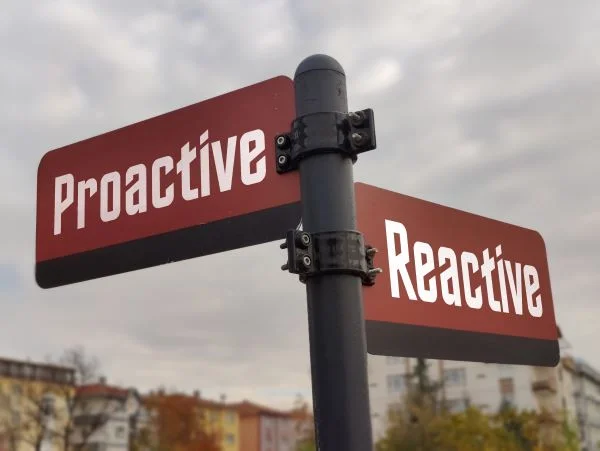I’ve been a project manager and have taught project management workshops for Kepner-Tregoe for years, but have never pursued Project Management Professional (PMP) certification. I’ve never been totally sure what value was to have the letters “PMP” after my name. Upon learning that I had been selected by KT as a candidate to become PMP certified, I had a decision to make – “Do I really want to go through the effort to become PMP certified?” For me, it would need to be more about gaining knowledge that I can use both personally and to help others.
Before pursuing my PMP, I had only limited exposure to the Project Management Body of Knowledge (PMBOK). On initial review it seems to take the basics of project management and break them down into individual elements categorizing them into “Knowledge Areas” and “Process Groups”. It feels like the PMBOK is focused on explaining “what” the tools used to manage projects are as compared to “why” they are important and “how” you can combine and use them to manage a project effectively.
I’ve been a little surprised that some of the tools in the PMBOK chart a different direction than some methods I’ve previously learned and found to be quite effective; especially on the small to medium-sized projects most of us deal with on a daily basis. But still, it is an opportunity to expand my knowledge, and be in a better position to help the project managers and teams I work with.
As I see it, the value in pursuing a PMP certification includes:
- Expanding my understanding of project management concepts (especially in areas where I have limited experience)
- Qualifying me for additional project management assignments
- Gaining recognition within my organization as an expert in project management
- Increasing my network of local project management contacts
Overall, it seems the benefits of PMP certification certainly outweigh any negatives.
So far, I have joined PMI and downloaded a copy of the “Guide to the Project Management Body of Knowledge” and read it cover to Annex/Appendix, signed up for a local, 12-week PMP Prep course, and attended the first session. It’s encouraging to find the material less difficult than I expected. Also, I have found ways to improve my use and instruction of project management processes, so I am gaining value already.
So far, so good!



